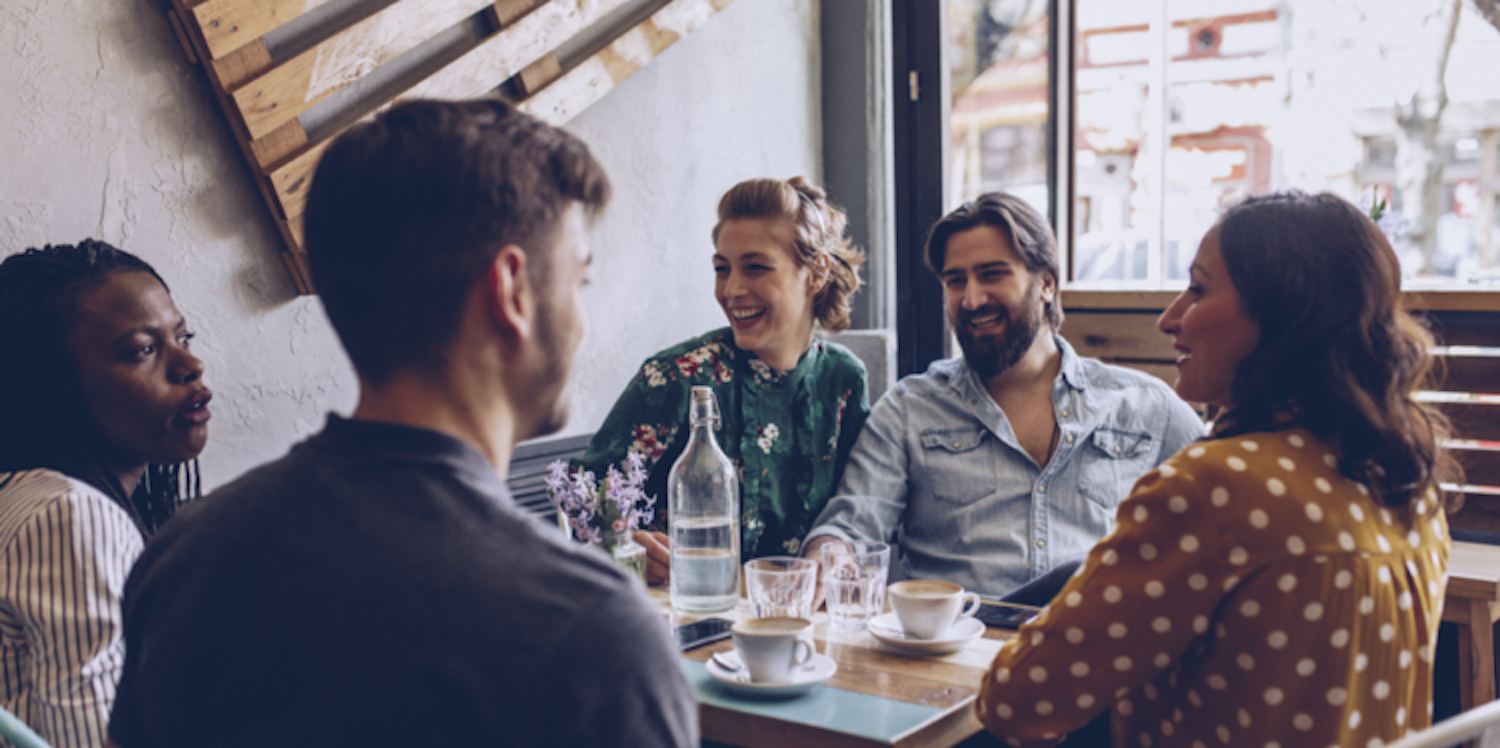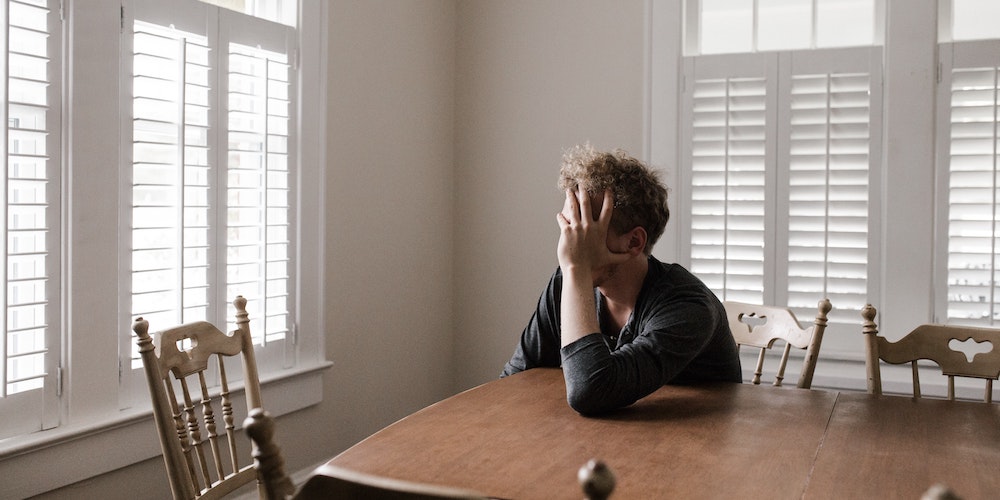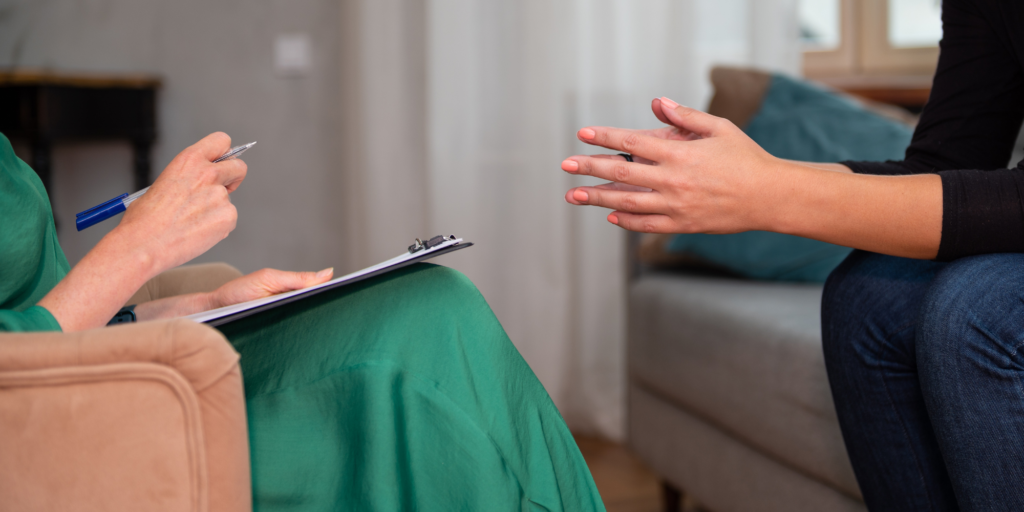3 Steps for Re-Establishing Social Connections After Covid

How would you say your social connectedness has shifted since before the pandemic? Maybe you’ve managed to stay in touch with close friends, but get-togethers with less connected friends have fallen away altogether.
Without a strong sense of connectedness, we’re more at risk of loneliness. Research has shown that loneliness has been linked to hypervigilance and feelings of vulnerability, sleep disturbances, poor health outcomes, and even a shorter life.
Taken in sum, we may realize we’ve lost a great deal of social connectedness in the past year and a half. These connections are important because they contribute to our overall sense of belonging and community. In other words, every supportive connection we make is important for our wellbeing.
So if you’re feeling like you could be more connected, start small. Think of one or two people you’d like to reconnect with. Then follow these 3 steps:
1. Don’t hesitate to reach out
We may hold back from reaching out to others out of self-consciousness. What if my reaching out feels like a burden to them? Don’t they already have enough friends? What if they don’t like me?
The antidote to these self-conscious thoughts is to, well, ignore them. Assume people like you. And don’t assume the person won’t be interested in talking or getting together. Holding back out of fear will only perpetuate your fears and never allow you the opportunity to prove yourself wrong.
2. Make plans
Think about what kind of get-together you’re looking for. Does a long chat over coffee sound like just what you need? Or maybe you’d like to do something fun and out of the ordinary to break up the monotony of the day-to-day. What common interests do you share with this person? Suggesting something specific conveys sincerity and confidence.
Is this a person or group of people you want to make a point of seeing regularly? Consider making recurring plans like a monthly book club or a weekly group fitness class to take the guesswork out of keeping in touch.
3. Trust that your social skills will improve with practice
Nervous that your social skills are rusty? You’re not alone. Social skills are kind of like muscles that can atrophy from lack of use. The more you socialize, the more comfortable you’ll feel.
Socializing may also feel more draining than it was before. It’s okay to take it at whatever pace you need when you’re just getting back into it.
Ready to prioritize your mental health?
Great Lakes Psychology Group is here to help. With an extensive network of caring therapists available to meet online or in-person, we make it easy to find the right fit for your unique needs.



